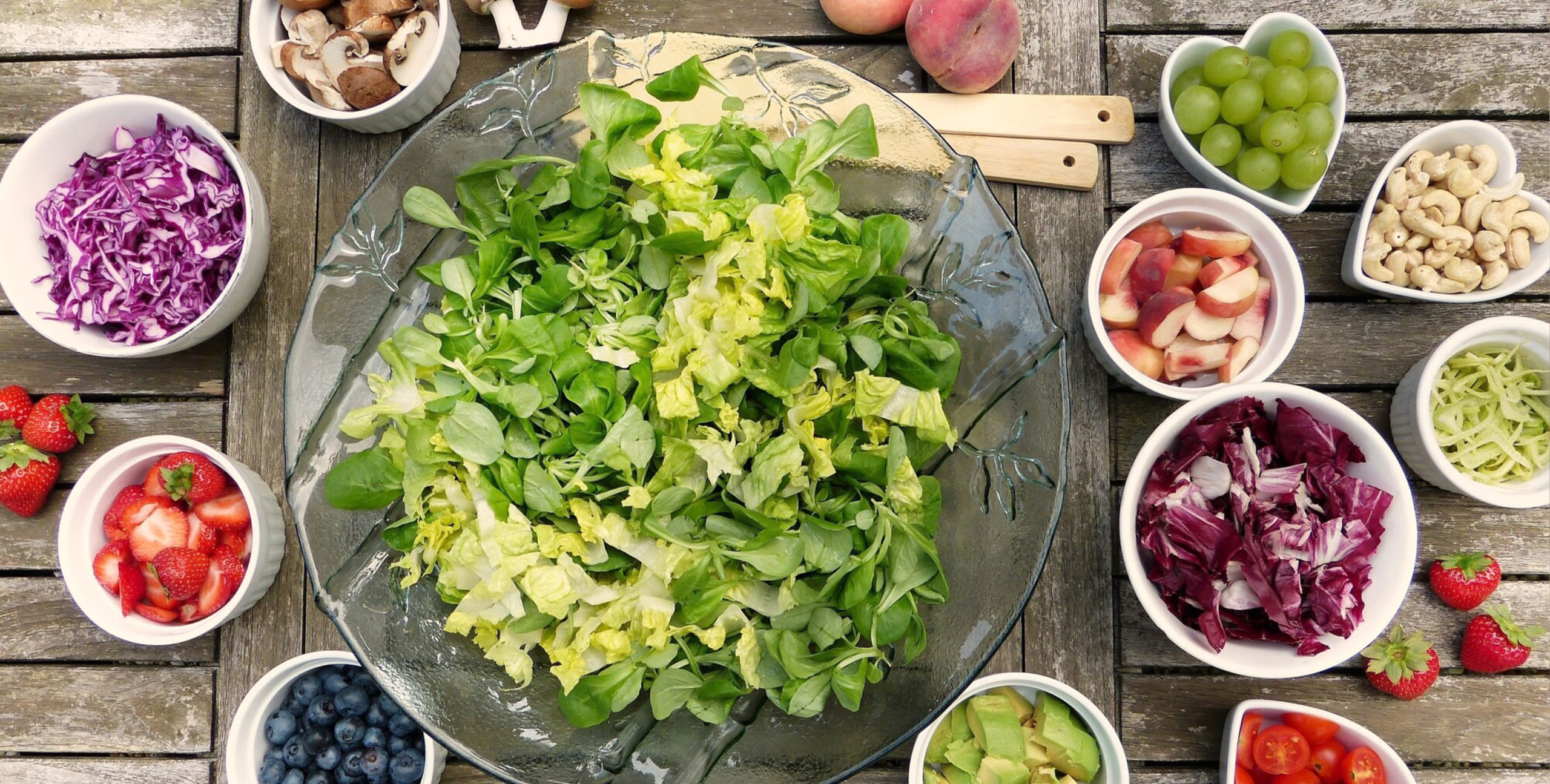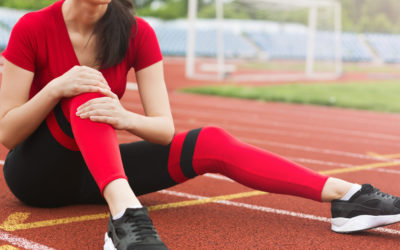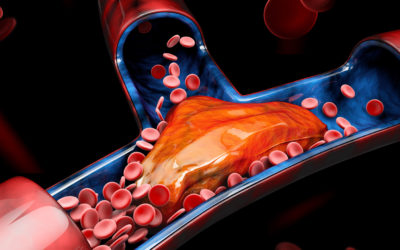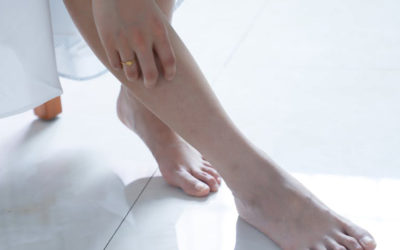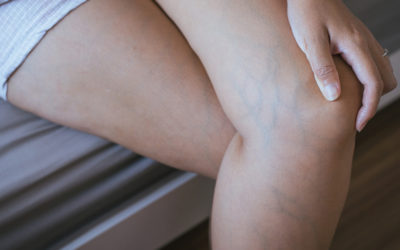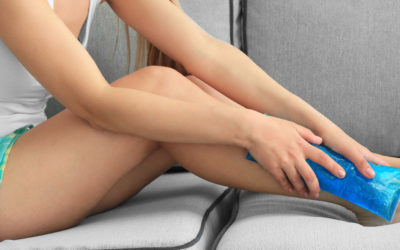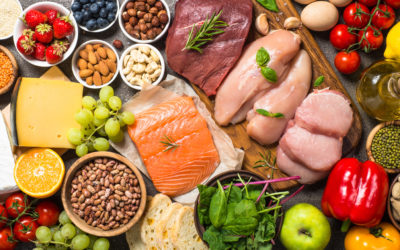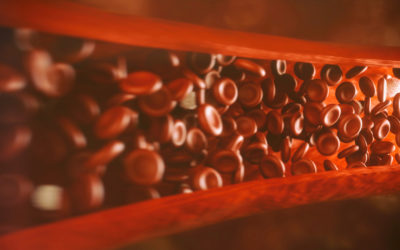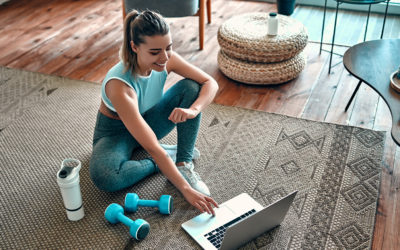Did you know that your diet can impact your varicose veins? It’s true. What you eat could either make your varicose veins better or worse.
When it comes to vein health, prioritizing a healthy diet is crucial. Let’s look at what foods have a negative impact on your varicose veins and what foods can actually make your condition better.
Foods to Avoid for Varicose Veins
Everything you eat has an impact on your health, so it is no surprise that your diet can impact your varicose veins. Some foods make varicose veins worse.
They include:
- Alcohol
- Sugary foods
- Processed foods
- Salty foods
- Fried foods
If you’re worried about varicose veins, you should limit these foods as much as possible.
Alcohol consumption causes blood to rush through your veins quicker, which puts stress on your legs that can lead to swelling. Processed sugar causes your blood sugar levels to rise, which weakens your veins. Natural sugar from fruit doesn’t have quite the same impact on your blood sugar, so it’s safer to eat.
Eating an excess of salty foods causes your blood pressure to increase, which leads to stress on your veins and more swelling. The high-fat content of fried foods makes them hard on your digestive system, putting pressure on your legs.
All of these foods can be enjoyed in moderation, but when eaten all the time, they will make your varicose veins worse.
Superfoods for Varicose Veins
Here are foods you can eat to improve your varicose veins:
- Fresh fruits and vegetables in a variety of colors
- Fiber-rich foods
- Vitamin E rich foods
- Omega-3 rich foods
- Green or herbal tea
- Dark chocolate
Let’s start with fruits and veggies. Eating the rainbow with a variety of fruits and vegetables will promote healthy blood circulation and reduce swelling. Great options are spinach, kale, Brussels sprouts, citrus, colorful peppers, red and yellow onions, berries, and garlic. A mix of raw and cooked produce will give you the best results.
Fiber-rich foods aid digestion, which takes the pressure off of your veins. Great fiber-rich foods include fruits and vegetables, legumes, nuts, seeds, and whole grains.
Vitamin-E is a powerhouse nutrient that promotes blood flow. Foods rich in vitamin-E include avocados, olive oil, seeds, nuts, dark leafy greens, mangoes, fish, and pumpkin.
Next, you should prioritize getting more Omega-3 through your diet. It stimulates blood flow and breaks up blood clots. To get more from your diet, eat fish like tuna, salmon, mackerel, and sardines. Flaxseed oil, chia seeds, eggs, walnuts, and yogurt are also high in omega-3.
Finally, tea and dark chocolate are also great choices that help with varicose veins. Always prioritize dark chocolate over other types since it has less sugar. When choosing tea, opt for herbal or green tea for its health benefits and hydrating properties.
Varicose Veins Support
Now that you know how your diet impacts your varicose veins, you can make food choices that improve your vein health. For more vein support, schedule an appointment at the Lexington Vein Institute online today.

